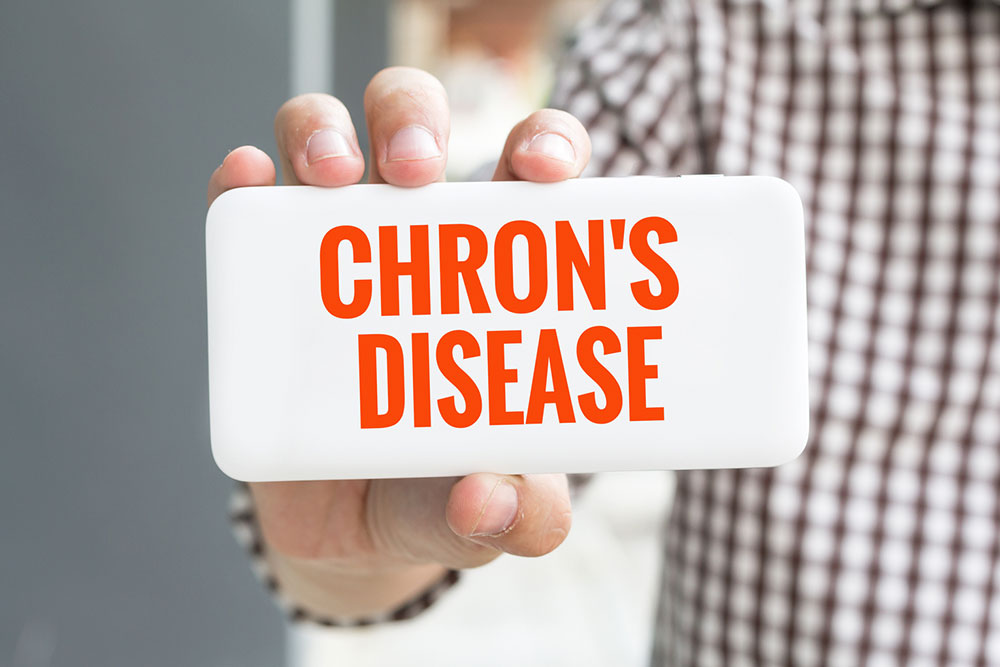Comprehensive Guide to Managing Crohn's Disease
Explore comprehensive insights into Crohn's disease, including its symptoms, causes, and personalized management strategies. Early diagnosis and lifestyle adjustments are vital for controlling this chronic inflammatory condition. Stay informed with the latest information to effectively manage Crohn’s and prevent complications.

Understanding Crohn's Disease: Causes, Symptoms, and Treatment Options
Originally identified in 1932 by Dr. Burrill B. Crohn and colleagues, Crohn’s disease is a chronic inflammatory condition affecting the gastrointestinal tract. With over 750,000 individuals affected, ongoing research aims to uncover its exact causes and potential cures. Although the origin remains unclear, understanding the disease and its management options offers relief for many sufferers.
What is Crohn’s Disease?
This disease belongs to the inflammatory bowel disease (IBD) family, often impacting the small intestine and colon but capable of involving any part of the digestive system.
Typical symptoms include fever, abdominal pain, diarrhea, and visible blood in stool, leading to its nickname as the 'bathroom disease.'
Crohn’s has various types:
Colonic Crohn’s
This form affects the large intestine and accounts for approximately 30% of cases.
ILEOCOLONIC CROHN’S
Involving the small intestine and upper colon, it is the most common, present in about 70% of sufferers.
Causes of Crohn’s Disease
While the precise cause remains unknown, factors such as immune system dysfunction, environmental influences, and genetics are linked to its development—about 20% of patients have a family history.
Immune system irregularities
Environmental triggers
Genetic predisposition
Symptoms of Crohn’s Disease
Diagnosis can be delayed as early signs mimic other digestive issues, including food poisoning. Initial symptoms include:
Appetite loss
Diarrhea
Abdominal discomfort
Frequent bowel movements
Blood in stool
Weight decline
Persistent fatigue
Fever
If untreated, symptoms can intensify, leading to:
Digestive ulcers—mouth, stomach, or colon
Anemia with breathlessness
Joint pain and inflammation
Perianal fistulas causing stool leakage
Factors like smoking, disease duration, age, and rectal involvement can worsen symptoms.
Due to compromised immunity, Crohn’s patients are at higher risk for infections and yeast overgrowths like candidiasis.
Difference from IBSUnlike irritable bowel syndrome (IBS), Crohn’s can damage intestinal tissue, affect any GI tract part, and causes more severe symptoms. IBS is limited to the large intestine and doesn’t cause tissue damage.
Managing Crohn’s Disease
Treatment is tailored based on individual cases, with primary approaches including:
Medications
Anti-inflammatory drugs provide symptom relief, and antibiotics help control bacterial overgrowth.
Surgery
Performed when tissue damage is extensive, involving removal of scar tissue or repairing affected areas.
Lifestyle and Dietary Changes
Implementing adjustments is crucial for controlling symptoms and preventing flare-ups.
Limiting dairy: Reduces cramps and diarrhea.
Reducing fiber: Prevents irritation in sensitive digestive tracts.
Lowering fat: Helps improve fat digestion and reduces diarrhea risk.
Increasing hydration: Compensates for impaired water absorption.
Stress Management
Chronic stress can trigger or worsen flare-ups. Techniques such as regular sleep, exercise, and meditation can support disease management.
Prompt diagnosis and personalized treatment are key to preventing serious complications. As research advances, more effective relief options are expected.










